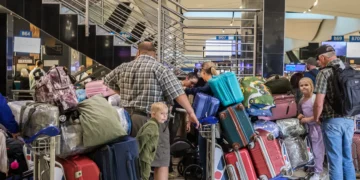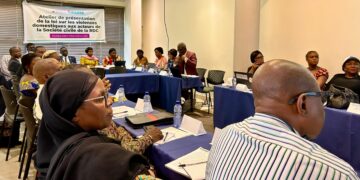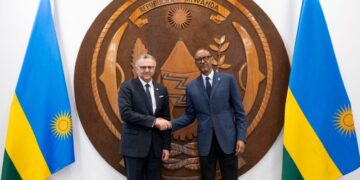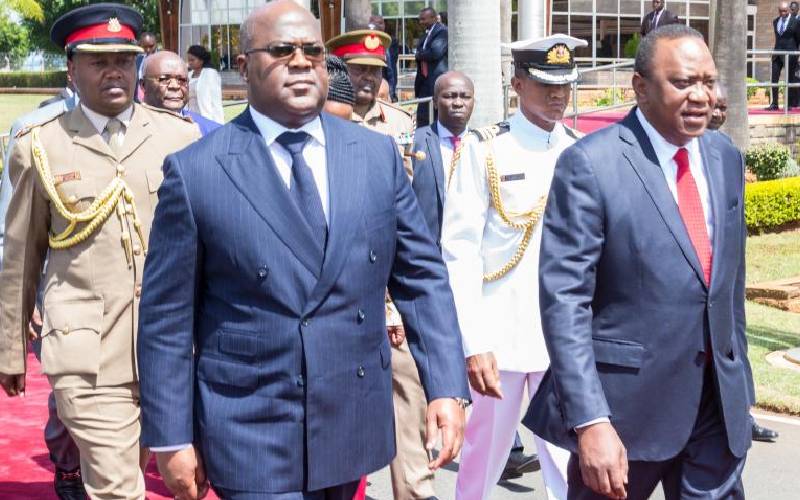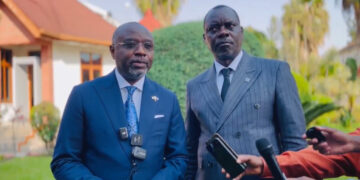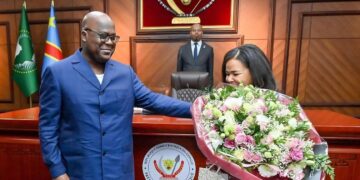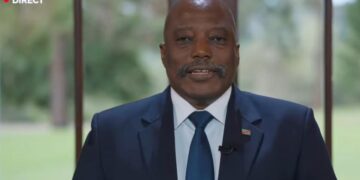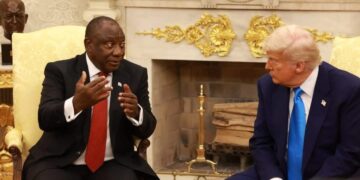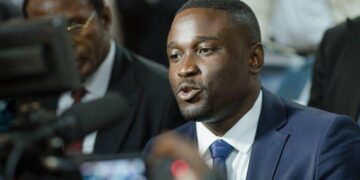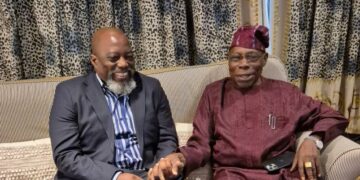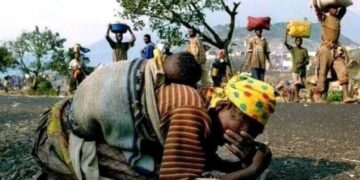“Yes. I believe we have excellent news coming regarding Rwanda and Congo, and I think peace will settle in Rwanda, Congo, and a few other neighboring countries, and it will be perfect. So we hope this will happen,” Donald Trump declared during a press interaction.
The agreement, signed just days before Trump’s remarks, aims to open a new chapter of cooperation and diplomatic engagement between DRC and Rwanda, two nations long plagued by mistrust, border tensions, and armed conflict particularly involving rebel groups in eastern Congo.
While full details of the agreement remain undisclosed, early indications suggest that the United States played a key role in mediating and facilitating the dialogue, with hopes that a stable political and economic framework could finally emerge in the region.
A New Chapter for Peace?
Trump’s comments, filled with hope, reflect the broader ambition of the international community to turn a long page of violence in Central Africa. However, on the ground, reactions remain mixed.
While some observers see this diplomatic breakthrough as a real opportunity to end decades of instability, others caution that previous peace deals have collapsed due to a lack of trust, hidden agendas, and the exploitation of the DRC’s vast natural resources.
In particular, critics inside Congo warn that the true benefits of the agreement must serve the Congolese people first not just neighboring countries or multinational corporations.
A Fragile Optimism
Donald Trump’s statement highlights the fragile yet significant momentum that could, if properly managed, lead to a rare window for lasting peace and development in the Great Lakes region.
Yet many experts insist: peace must be built on justice, transparency, and genuine sovereignty not just on signatures and political gestures.
As the world watches, all eyes will now turn to the next steps: implementation, local impact, and whether promises will finally be kept.


